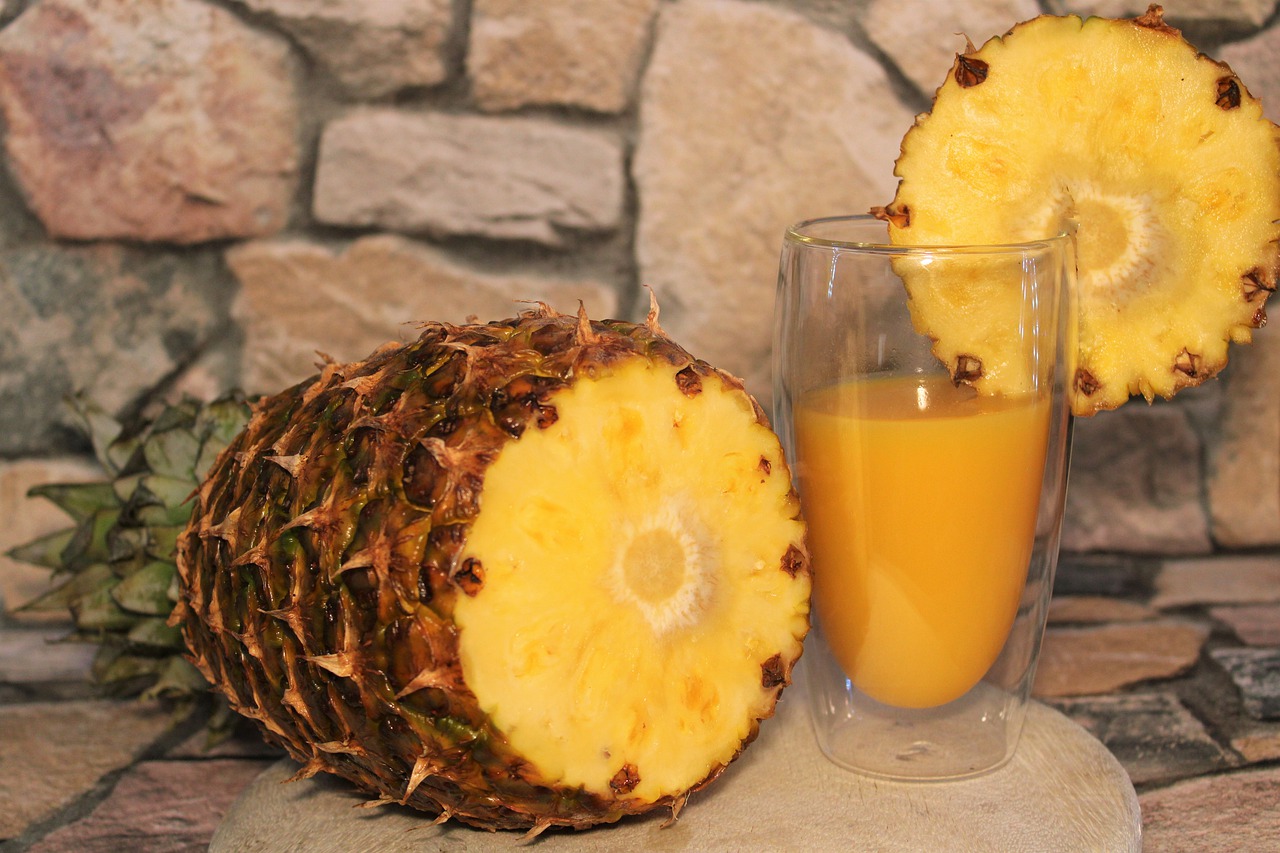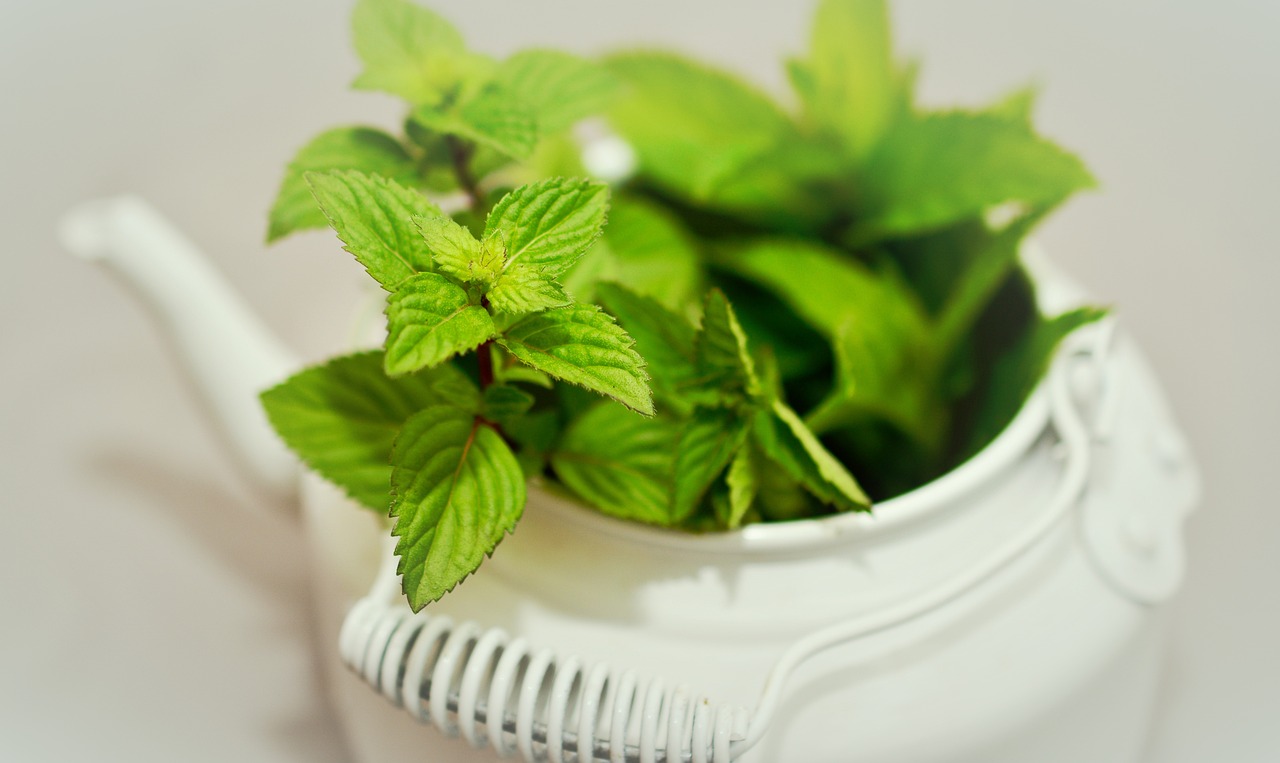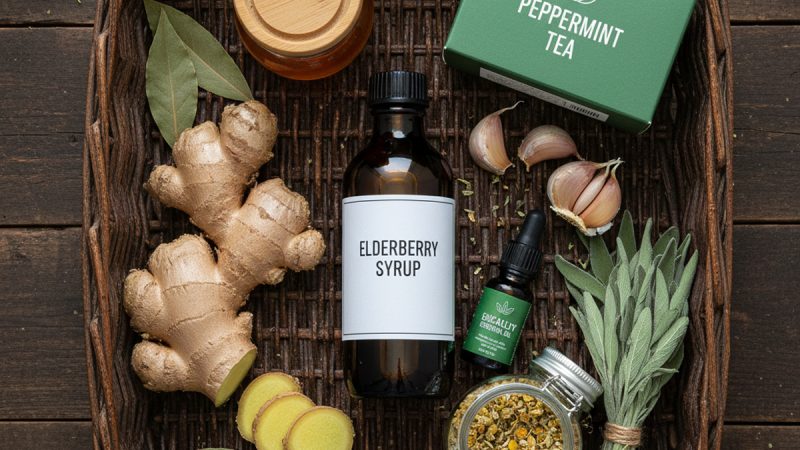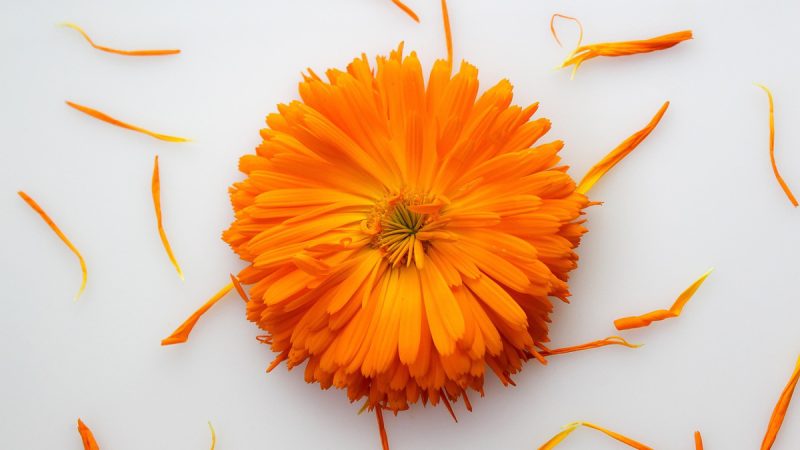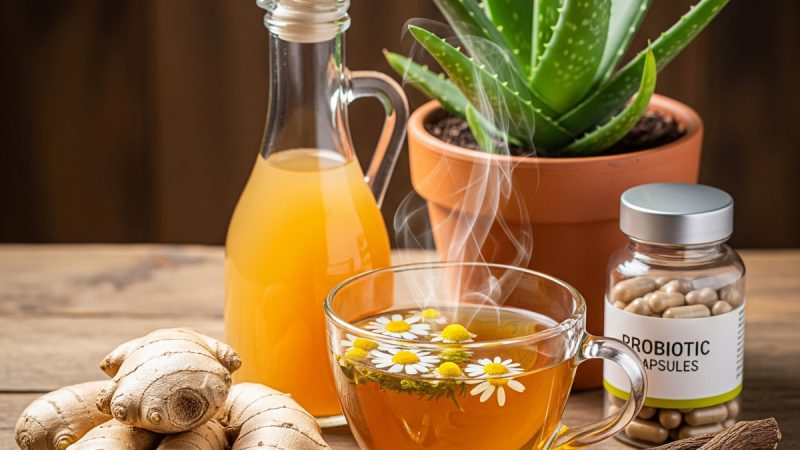Anti-Inflammation Diet Tips to Reduce Joint Inflammation
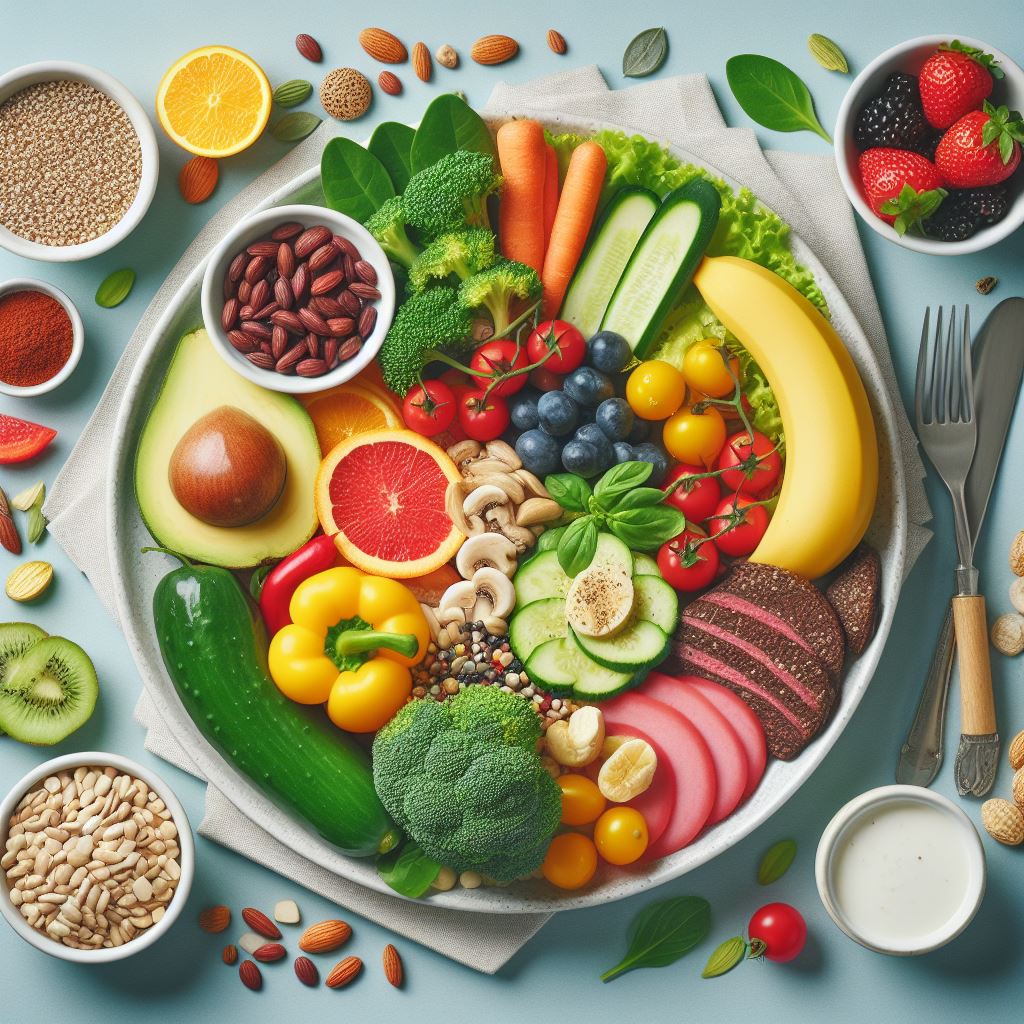
An anti-inflammation diet, high in beta-cryptoxanthin (a powerful dietary carotenoid) can protect against oxidation, a condition which can lead to joint inflammation associated with polyarthritis. (1)
Mom told you to eat your veggies, and she said you should eat fruit for dessert. Did you listen?
If you did, chances are you aren’t suffering from an inflammatory disease called Inflammatory Polyarthritis (IP), a disease defined by two or more inflamed joint groups over a significant period of time.
There are a lot of great fruits and vegetables to choose from. But for an anti-inflammation diet, I can make some definite suggestions.
Choose These Antioxidant Rich Foods
If you do suffer from chronic inflammation, you’ll want to choose foods high in antioxidants, such as red, orange and yellow veggies and fruits (2). These include . . .
- Tangerines
- Oranges
- Carrots
- Peaches
- Papayas
- Persimons
- Pumpkin
- Squash
- Red peppers
Red, yellow and orange veggies and fruits are high in a dietary carotenoid (a naturally occurring substance) called beta-cryptoxanthin. High intake of this special substance has been linked to lower free-radical damage, which in turn is associated with a lower risk of developing inflammatory disorders (such as inflammatory polyarthritis).
Beta-cryptoxanthin is converted by the body to retinol (vitamin A) which is essential for normal growth and physical development as well as immune system function.
Carotenoids in general (beta-cryptoxanthin is only one of many) inhibit fat oxidation in the body, which helps relieve inflammation associated with arthritis.
In fact, just one glass of fresh orange juice a day can help! (1)
How to Reduce Joint Inflammation
Participants in a study, men and women between the ages of 45 to 74 years old, who ate lower quantities of fruits and vegetables (and vitamin C) were shown to have a more than threefold chance of developing inflammatory polyarthritis. (3)
The study concluded that patients with polyarthritis generally were those who ate fewer fruits and vegetables.
So plan to follow this anti-inflammation diet. It is very simple to put into practice. Add more fresh red, orange and yellow colored fruit to your diet, and eat more fresh vegetables in the same color group. Easy.
For those wondering about what other foods to include in your anti-inflammation diet, here’s a cautionary word. A final study I want to tell you about shows an association between red meat and development of inflammatory polyarthritis. (4)
This study shows an apparent connection between consumption of red meat and developing joint inflammation. Subjects who ate the highest levels of red meat and meat protein as well as the lowest vitamin C intake than other subjects in the study were consistently more likely to have IP.
Incidentally, the patients in the study who ate a lot of red meat were also more likely to be smokers. More cautions!
If you do suffer from chronic inflammation, you’ll want to choose foods high in antioxidants, such as red, orange and yellow veggies and fruits (2). These include . . .
You may find that you get relief from this simple plan.
Enjoy your new anti-inflammation diet! And enjoy the benefits in your joints!
Of course, your dietary needs may vary. Please ask your doctor before making any major changes to your own diet, exercise or supplement routine.
Sources:
- Dietary beta-cryptoxanthin and inflammatory polyarthritis: results from a population-based prospective study.
Am J Clin Nutr. 2005 Aug;82(2):451-5. - http://www.pbhfoundation.org/pulse/research/pic/phytolist/betacryptoxanthin.php
- Vitamin C and the risk of developing inflammatory polyarthritis: prospective nested case-control study.
Pattison DJ, Silman AJ, Goodson NJ, Lunt M, Bunn D, Luben R, Welch A, Bingham S, Khaw KT, Day N, Symmons DP.
Arthritis Research Campaign, Epidemiology Unit, University of Manchester, Oxford Road, Manchester M13 9PT, UK. - Dietary risk factors for the development of inflammatory polyarthritis: evidence for a role of high level of red meat consumption.
Pattison DJ, Symmons DP, Lunt M, Welch A, Luben R, Bingham SA, Khaw KT, Day NE, Silman AJ.
Arthritis Rheum. 2004 Dec;50(12):3745-7.
The Author:
Dr. Blankstein has been practicing for over 30 years as a leading Cardiologist. Trained in traditional medicine and Board Certified in both Internal Medicine and Cardiovascular Disease, he knows the importance of good medical care. This consideration has allowed him to discover safe and natural ways of healing. His dedication to bringing the latest and best in health solutions to his patients and the public has given him the experience to research and develop proven natural remedies for many illnesses.
© 2010 Chesapeake Nutraceuticals
Photo. PT



